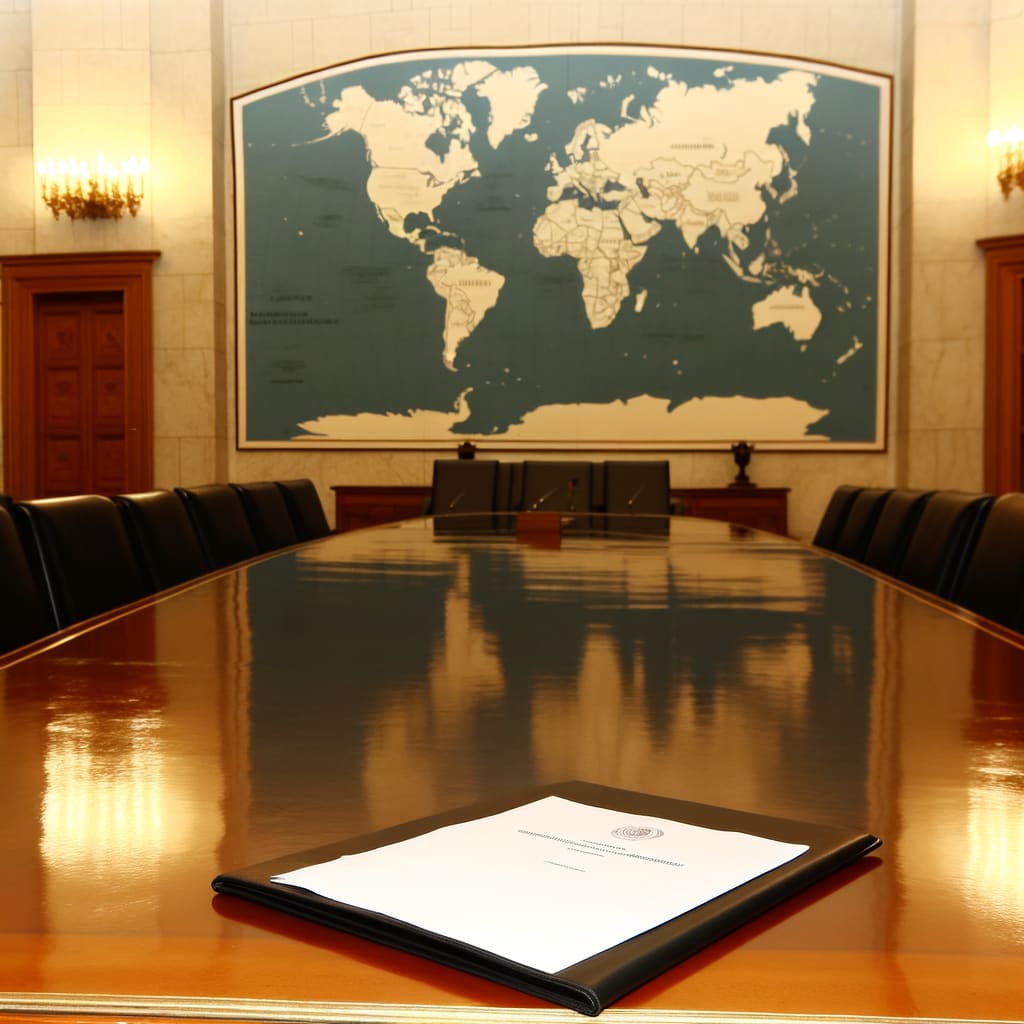UAE Warns Israel: West Bank Annexation Crosses 'Red Line'
The United Arab Emirates (UAE) has issued a stern warning to Israel against annexing parts of the occupied West Bank, calling it a 'red line' that could risk derailing the Abraham Accords, which formalized ties between the two countries. The warning comes amid controversial plans by Israel's Finance Minister Bezalel Smotrich to annex 82 percent of the West Bank, effectively ending any prospect of a Palestinian state.
The Abraham Accords and the West Bank
The Abraham Accords, brokered by the United States during President Donald Trump’s first term, brought diplomatic recognition between Israel and several Arab countries, including the UAE. UAE's Emirati envoy Lana Nusseibah stated, “From the very beginning, we viewed the Accords as a way to enable our continued support for the Palestinian people and their legitimate aspiration for an independent state.” However, the proposed annexation could severely undermine the vision and spirit of the [Abraham] Accords.
Smotrich's Annexation Plan
Israeli Finance Minister Bezalel Smotrich, in a press conference, outlined his plan for Israel to absorb 82 percent of the West Bank, leaving Palestinian population centers isolated. This move has been strongly condemned internationally, with critics stating that Israel's 'mask is finally off.' Smotrich's plan is seen as a response to growing international moves to recognize a Palestinian state, and has triggered a wave of reactions globally.
UAE's Red Line
The UAE has emerged as one of the few Arab states aligning itself with Israel, despite the latter's onslaught on Gaza. However, the potential annexation has prompted the UAE to draw a clear line. Lana Nusseibah, the UAE’s assistant minister for political affairs and envoy of the foreign minister, stated that annexing the West Bank would foreclose the idea of regional integration and be the death knell of the two-state solution.
Global Reactions and Implications
While the Israeli government is reportedly heading towards applying sovereignty
over the Palestinian territory, the reaction from the international community has been largely negative. The annexation plan is seen as a move that undermines peace efforts in the region. The UAE's warning indicates that the move could not only destabilize the hard-won diplomatic ties between Israel and Arab countries but also endanger the prospects of a two-state solution.
Current Status and Future Outlook
Despite the controversy and international condemnation, Israel's upper echelon appears to be in unanimity about annexing the West Bank. The country is also reportedly discussing the move with the United States. However, with the UAE's warning and the potential fallout from the Abraham Accords, the future of the West Bank and the prospect of a Palestinian state hang in the balance.

